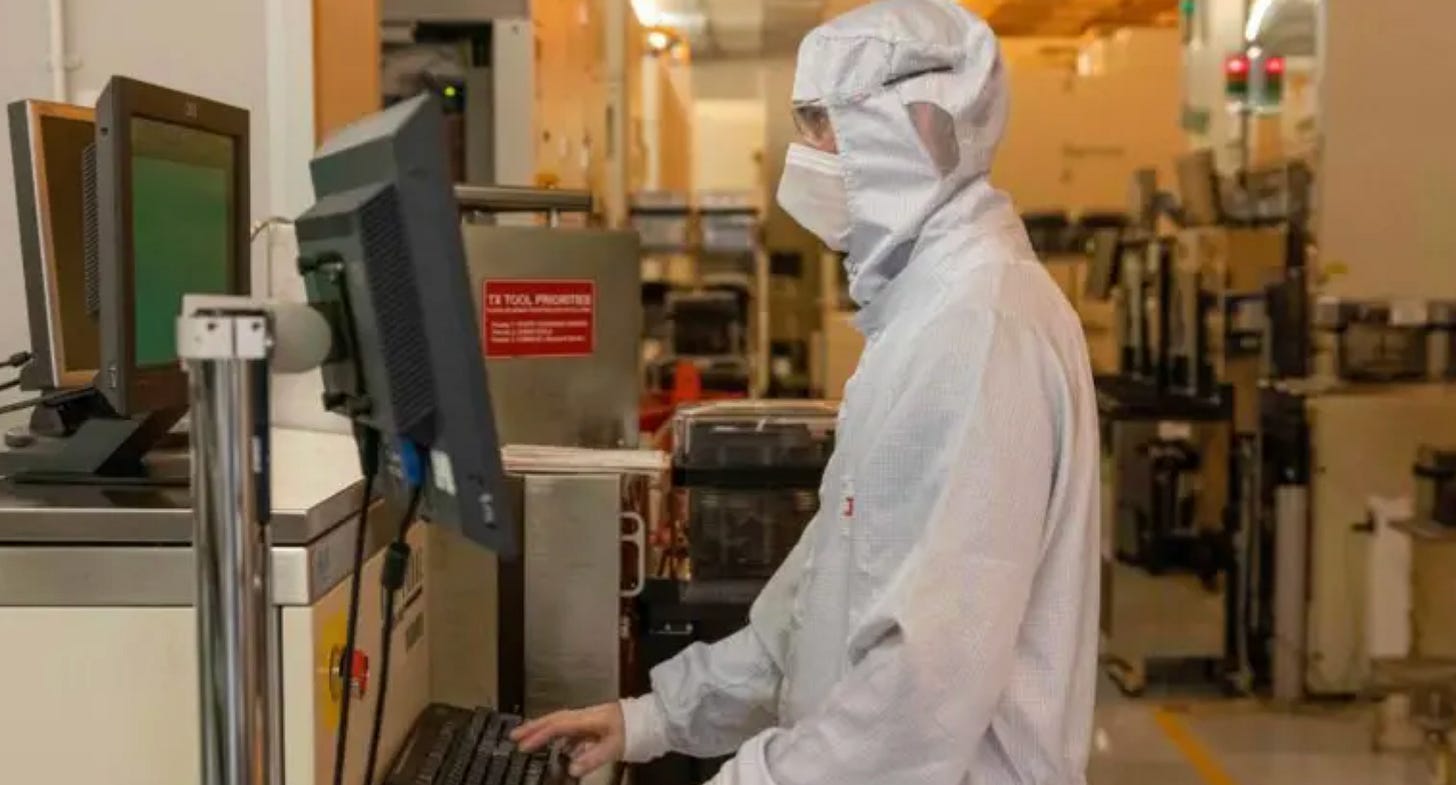Chinese CEO Fired European Executives and Transferred Banking Powers to Suspicious Individuals: Inside Europe’s First National Security Seizure of a Chinese-Owned Chip-Maker
The Dutch ruling exposes internal warnings of “deep concern,” unexplained financial transfers to Chinese affiliates, and the firing of senior European executives at a key semiconductor manufacturer.
Keep reading with a 7-day free trial
Subscribe to The Bureau to keep reading this post and get 7 days of free access to the full post archives.



